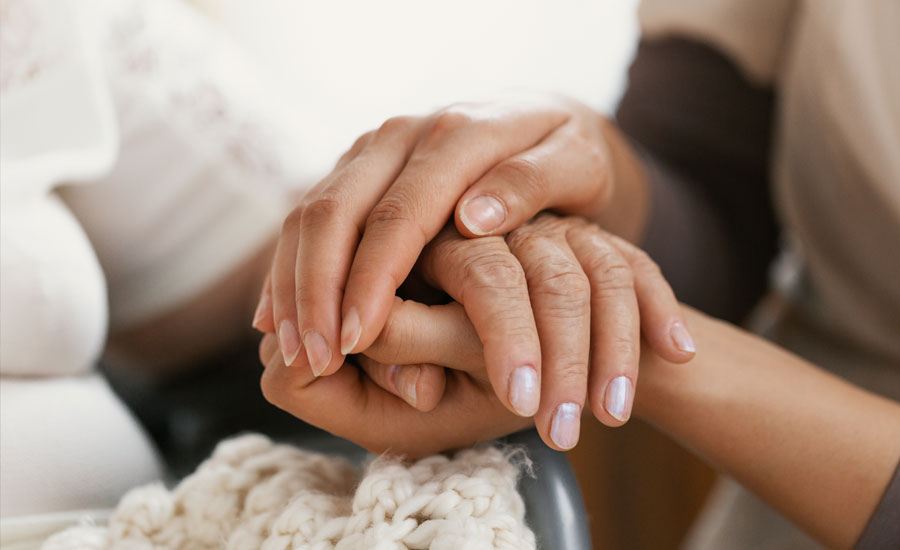What You Need to Know About End-of-Life Care in Residential Homes

Residential care homes play a vital role in providing palliative care, focusing on easing pain, preserving dignity and supporting families throughout the process.
So, how is palliative care provided in residential care homes? Let’s explore the compassionate services that will help you make informed and thoughtful decisions for your loved one.
How is Palliative Care Provided in Residential Care Homes?
Homes provide comfort, dignity and support for residents and their families during end-of-life care.
Here’s what that looks like:
- Each resident has a care plan created with their input and their family’s involvement. These plans ensure medical, emotional and religious needs are met in a respectful way.
- Regular check-ins and treatments ease discomfort, whether bed sores, general pain or nausea, so residents can focus on their well-being.
- Some homes have on-site counsellors or trusted staff to provide a listening ear and practical advice, helping residents and families through this sensitive time.
- Whether it’s arranging visits from a priest or creating time for quiet reflection, spiritual support is offered in ways that bring comfort and peace.
- Doctors, nurses and palliative care specialists visit regularly to provide the best possible care and make adjustments when needed.
- Open communication, flexible visiting hours and opportunities to shape care decisions keep families as close and connected as possible.
- From familiar routines to quiet, private spaces, care homes work hard to create an environment where residents feel secure and well cared for.
What to Look for in a Residential Home Offering Palliative Care
Choosing a residential home for palliative care can feel overwhelming, but knowing what to look for can make the decision clearer.
Here are some key things to keep in mind:
Caring, Experienced Staff
Compassionate staff who are well-trained in end-of-life care can make a huge difference. Look for people who know how to provide great care while taking the time to connect with residents and families on a personal level.
Care That Fits Your Loved One
The best homes create care plans that really reflect who your loved one is – their medical needs, emotional support and personal preferences. It’s all about care that feels right for them.
On-Site Medical Support
Ask about the involvement of doctors, nurses and specialists. Regular visits from medical professionals will help your loved one get the best possible care, with any problems addressed quickly.
Family-Friendly Approach
You want a home where families are always welcome – whether it’s regular updates, flexible visiting hours or private spaces for time together, the home should make you feel like part of the care team.
A Comforting Environment
Take note of how the home feels when you visit. Does it feel calm and welcoming? Are there personal touches, quiet areas and a sense of care in the way things are set up? These details really matter.
Emotional and Religious Support
Homes that offer counsellors, access to chaplains or ways to honour your loved one’s beliefs and values can alleviate stress during this time.
Recommendations and Reviews
Don’t be afraid to ask other families around the home about their experiences or look online for reviews. Positive feedback is definitely a good sign the home delivers the compassionate care it promises.
Partnerships with Hospices
Some care homes work closely with hospice services, bringing in extra expertise when needed giving your loved one access to specialist care without the stress of moving.
Making the Right Choice for Palliative Care
Choosing the right residential home for palliative care ensures your loved one is surrounded by as much comfort, dignity and compassion as they need during this critical time.
Take the time to ask questions, visit homes and see what feels right. A good care home will create a space where meaningful moments can still be shared and where residents and families feel strongly supported every step of the way.
Ready to explore...
